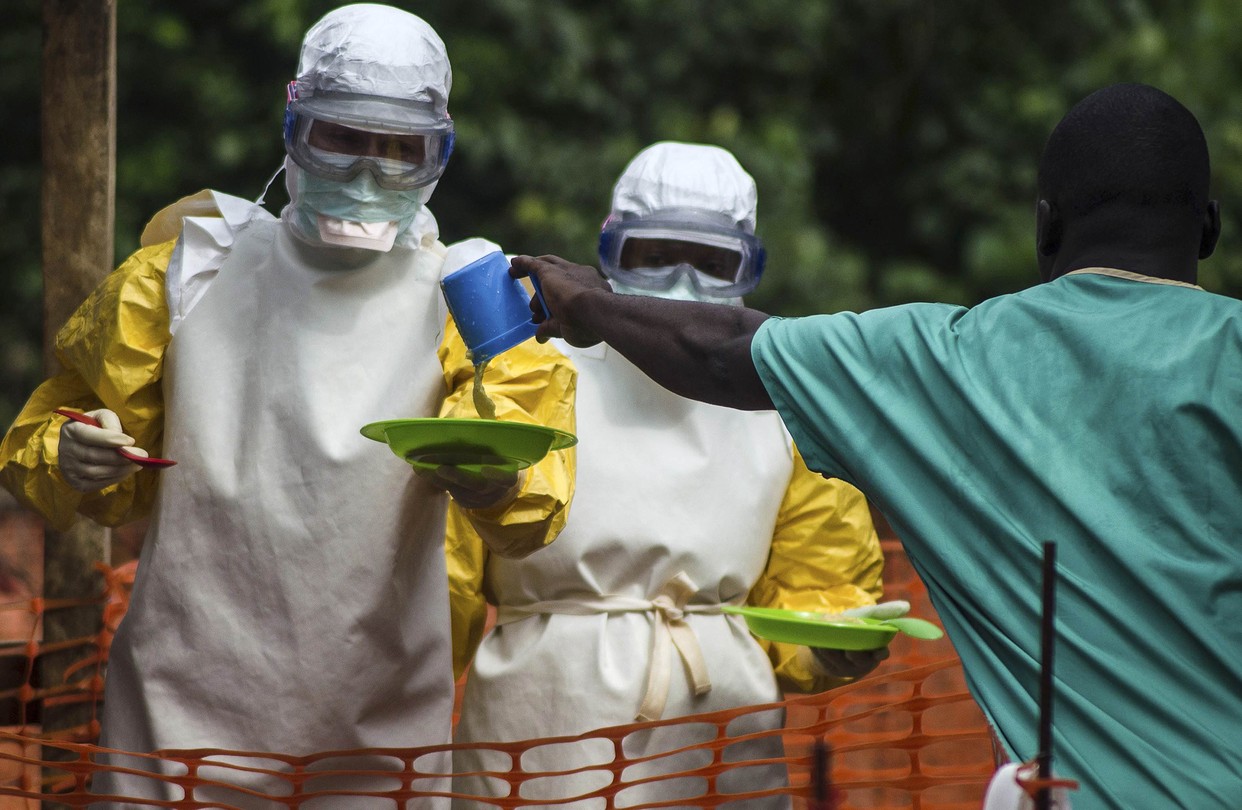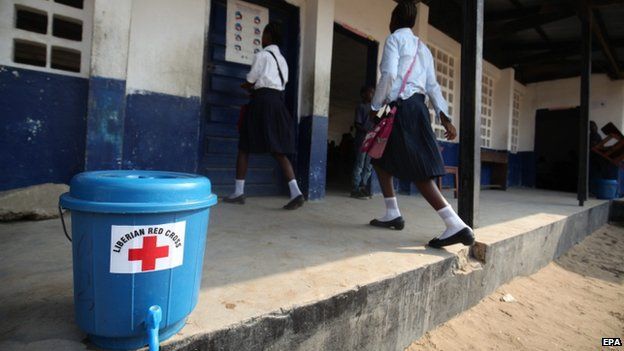When the Ebola virus hit last year, it affected quite a number of African countries including Nigeria and while Nigeria was able to quickly curtail the spread of the virus, other such as Liberia, Sierra Leone and Guinea are still struggling with the spread of the virus.
However, there is good news for Liberia as the World Health Organization (WHO) has declared the country Ebola free confirming that the country has had no new cases in 42 days. President Ellen Johnson Sirleaf told the BBC that Liberia had “crossed the Rubicon” and would be celebrating a concerted effort to stem the disease.
Liberia has recorded more than 4,700 deaths from Ebola which is more than the number of deaths that have been recorded in any other affected country. The WHO regards a country Ebola-free after a 42-day period without a new case which is twice the maximum number of days for incubation period of the disease. The last confirmed death in Liberia was on 27 March. The World Health Organization on Saturday, May 9, 2015, said in a statement that: “The outbreak of Ebola virus disease in Liberia is over.”
President Sirleaf also told the BBC: “We will celebrate our communities which have taken responsibility and participated in fighting this unknown enemy and finally we’ve crossed the Rubicon. Liberia indeed is a happy nation.” The Ebola virus was eventually conquered in Liberia through a collective effort, officials say. Care centres and hand washing stations were set up to try to halt the disease, which spreads through contact with sick people.
Billboards went up with slogans such as “Ebola is real”, “wash your hands and don’t touch” and “don’t be the next victim”. “It has been a terrible time in the history of our country,” Monrovia resident Emmanuel Tokao wrote on a BBC Facebook page. “I’m firstly grateful to God, who I believe brought us back to normality.” At the height of the outbreak, he said, “ambulances would either come for a dead body or sick person. It reminded me of the war days”.
During the civil war which ended in 2005, Liberia lost around 250,000. The BBC’s Jonathan Paye-Layleh in Monrovia says the president gave a sense of how traumatised the people remain after the outbreak. In an address to the nation on Saturday, May 9, she said: “Even today if you hear an ambulance siren you shake a little bit.”
Although Liberia has now been declared Ebola-free, correspondents say the outbreak will have a long-term impact on Liberia’s fragile economy. The current outbreak is the deadliest in history. It initially centred on Guinea’s remote south-eastern region of Nzerekore in early 2014, and later spread to Liberia and Sierra Leone.
The WHO is warning against complacency. Its statement warns that there is “a high risk that infected people may cross into Liberia over the region’s exceptionally porous borders” as neighbouring Guinea and Sierra Leone continue to fight the outbreak.
The Ebola virus outbreak has claimed over 11,000 lives across the region since last year.









